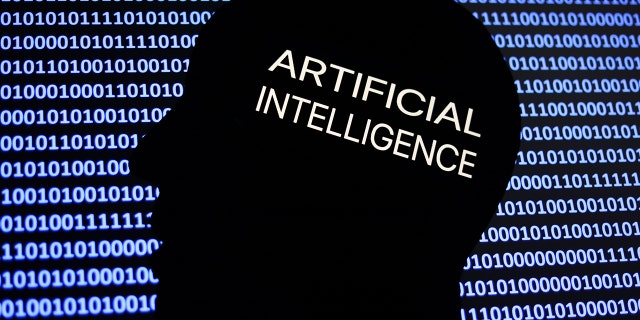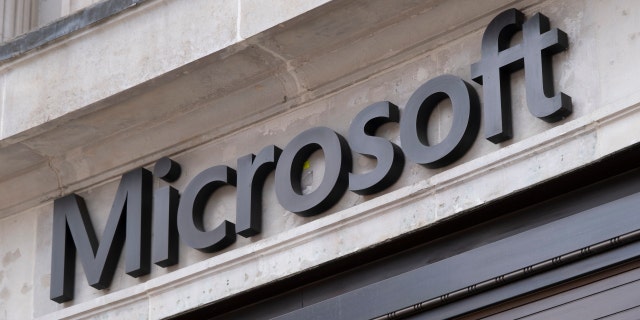On a crisp autumn day in 1992, President George H.W. Bush’s reelection campaign arrived at my hometown of Wixom, Michigan. Speaking from the rear of a train, President Bush deservedly extolled his achievement of cementing the end to the Cold War through his Strategic Arms Reduction Treaty (START), which eased people’s fear of nuclear war after an unnerving decades-long arms race.
The nuclear narrative traces back to 1945 when J. Robert Oppenheimer’s Manhattan Project yielded the world’s first atomic bomb. It took more than a decade for the world to come together to create the International Atomic Energy Agency to address nuclear safety and security, but by that time, it was too late. President Truman had already detonated two atom bombs over Hiroshima and Nagasaki, killing hundreds of thousands of people, and fueling a nuclear arms race with the USSR that brought the world to the brink of annihilation.
A generation removed from President Bush’s visit, I’m now reminded of the challenges of nuclear arms as we uncover more about the most powerful and perilous technology humanity has ever created, Artificial Intelligence.

FILE (Jakub Porzycki/NurPhoto via Getty Images)
Leading AI experts recognize its astonishing potential, like curing diseases and tackling climate change, but the dangers are all too real. Even the CEOs of companies leading the charge like OpenAI’s Sam Altman, Google Deepmind’s Demis Hassabis, and Microsoft’s former CEO Bill Gates openly acknowledge them: “Mitigating the risk of extinction from AI should be a global priority alongside other societal-scale risks such as pandemics and nuclear war.” Over 1,000 technology leaders and experts signed an open letter calling for a six-month moratorium because AI poses “profound risks to society and humanity.”
By consolidating all this data into one place to “train” the AI, they now know everything about us. They can create our digital clones, replicate our voice and likeness, predict and manipulate our next move, and misappropriate our skill sets. They are mining our personhoods to create artificial ones, bringing about our obsolescence, which is at the heart of the strike against the Big Hollywood Studios. SAG-AFTRA President Fran Drescher recently predicted, “We are all going to be in jeopardy of being replaced by machines!” In reality, screenwriters and actors, like all Labor, are already facing widespread job loss now.

SAG-AFTRA President Fran Drescher, with National Executive Director & Chief Negotiator, Duncan Crabtree-Ireland (R), joins Writers Guild members at a picket line outside Netflix in Los Angeles on July 14, 2023. Tens of thousands of Hollywood actors went on strike at midnight July 13, 2023, effectively bringing the giant movie and television business to a halt as they join writers in the first industry-wide walkout for 63 years. (Photo by VALERIE MACON/AFP via Getty Images)
We are a progress-driven civilization that all too often asks whether we “can” and not whether we should. Why should Big Tech have asked whether we “should” this time? Because it is illegal. State and federal laws governing personal property, privacy, copyrights, and consumer protection prohibit this type of theft and commercial misappropriation of our personal information.
CAN CHATGPT DISCUSS CURRENT EVENTS? CHATBOT HAS CLEAR KNOWLEDGE CUTOFF DATE
Second, Big Tech must understand that our information has value, and it belongs to us. OpenAI is already valued at $30 billion, and since Google and Microsoft debuted their AI products, their market caps have each increased by hundreds of billions of dollars. That value is almost entirely attributable to the taking of our information, without which their products would be worthless.
People are entitled to payment for what was stolen from them, and these companies should be forced to pay the victims “data dividends,” or a percentage of revenues, for as long as these AI products generate money from our stolen information. The alternative to data dividends would be algorithmic destruction of the theft-created AI products.

Sign for the technology brand Microsoft on 1st June 2022 in London, United Kingdom. Microsoft Corporation is an American multinational technology corporation which produces computer software, consumer electronics, personal computers, and related services. ((photo by Mike Kemp/In Pictures via Getty Images))
Big Tech concedes they do not fully understand the technology spurring the arms race they’ve ignited, yet they’re rapidly entangling it into every aspect of our lives anyway. Big Tech is seizing upon the slow-moving nature of the executive and legislative branches, which were not designed to move as fast as this technology, and they’re trying to take advantage of it before the “free data” window closes. That is why the Courts play such a critical role in applying established law to these unprecedented circumstances.
This is our chance to come together on AI.
Author’s note: To learn more, speak up, take action, go to TogetherOn.AI.

